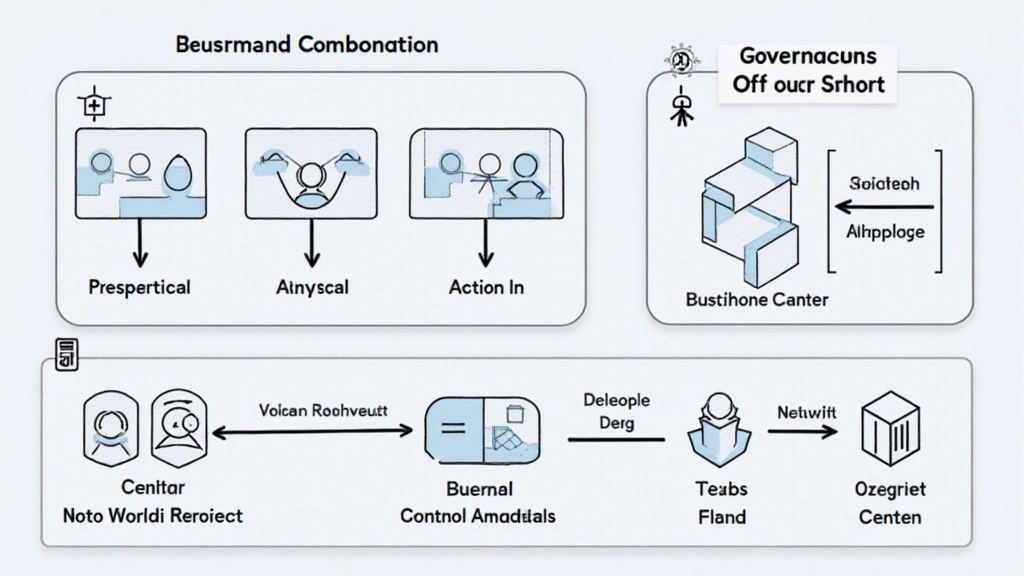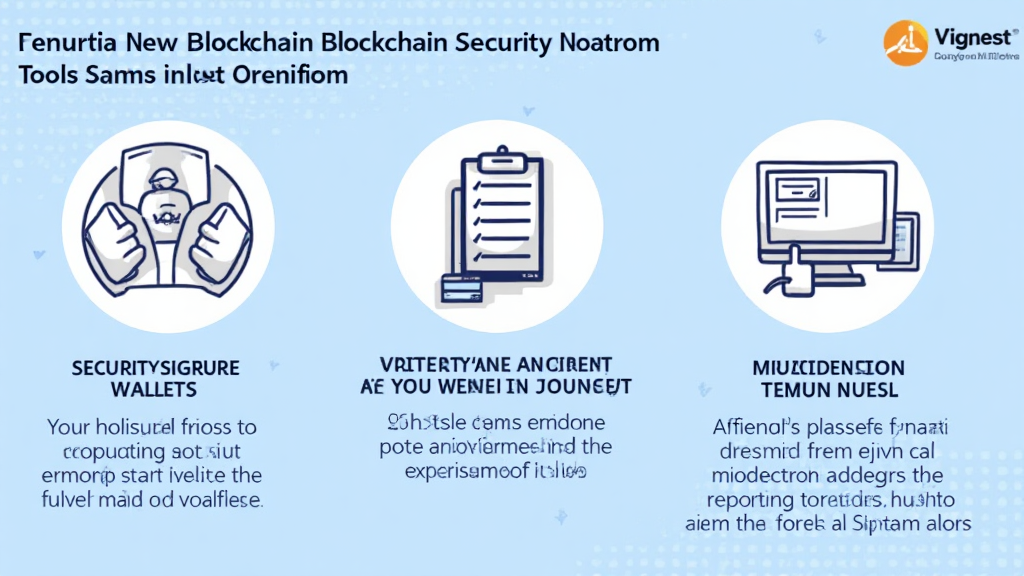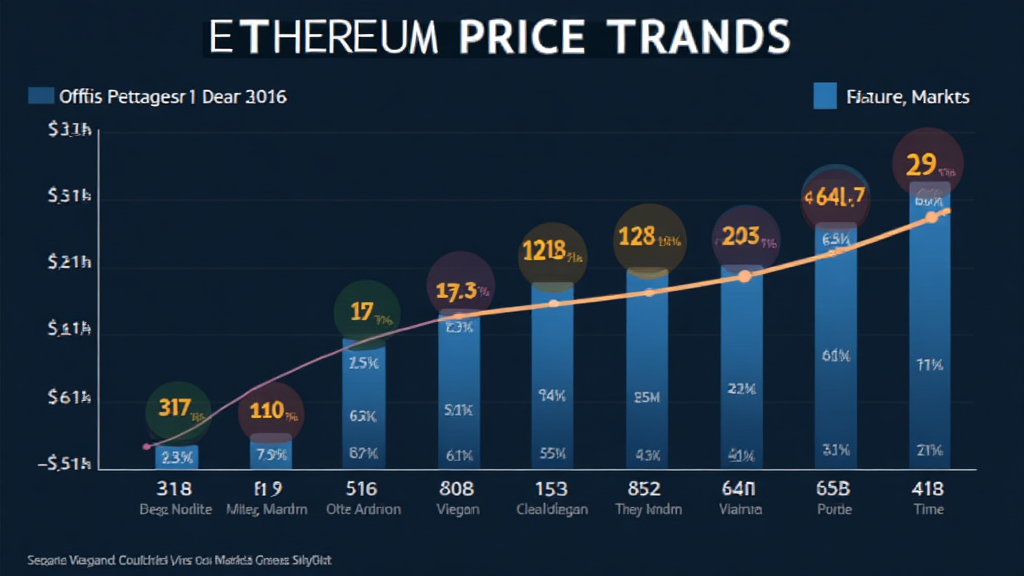Exploring Cryptocurrency Governance Frameworks
With over $4.1 billion lost to DeFi hacks in 2024 alone, the cryptocurrency market is facing an urgent need for robust governance frameworks. The establishment of effective governance not only provides operational transparency but strengthens the integrity of digital assets in a rapidly evolving ecosystem. In this guide, we will delve deep into the various cryptocurrency governance frameworks, their importance, and their impact on the future of digital finance.
Understanding Cryptocurrency Governance
Cryptocurrency governance encompasses the mechanisms, protocols, and guidelines that determine how digital assets are managed and controlled. Similar to how traditional corporations have structured boards and regulations, cryptocurrencies need structured frameworks to address issues like decision-making, community involvement, and protocol changes.
What Are Governance Frameworks?
- Governance frameworks define the rules and processes for decision-making.
- They include on-chain governance, off-chain governance, and hybrid models.
- Frameworks can differ significantly between platforms, influencing trust and cooperation within the community.
Types of Governance Frameworks
Various forms of governance frameworks exist in the cryptocurrency realm:

1. On-Chain Governance
On-chain governance involves real-time decision-making through blockchain protocols. Most commonly seen in platforms like Tezos and Decred, on-chain governance allows stakeholders to vote on proposals directly affecting the network’s future.
- Advantages: High transparency, automated processes, and democratic participation.
- Disadvantages: Possible voter apathy and technical barriers for voting.
2. Off-Chain Governance
Off-chain governance relies on community discussions, mailing lists, and external entities to guide decision-making. Popular in networks like Bitcoin, this governance model requires consensus off the blockchain.
- Advantages: Flexibility and adaptability to changing markets.
- Disadvantages: Lacks transparency and can be subject to influence from centralized entities.
3. Hybrid Governance
Hybrid governance combines elements of both on-chain and off-chain systems. Platforms such as Ethereum utilize a combination of community input and direct voting mechanisms for proposals.
- Advantages: Balances efficiency with community sentiment.
- Disadvantages: Complexity in managing both systems can lead to confusion.
Why Governance Frameworks Matter
Governance frameworks are crucial for several reasons:
- Trust and Transparency: Clear governance enhances user trust in the platform.
- Risk Mitigation: Effective frameworks can help mitigate risks from hacks and scams.
- Community Engagement: Engaging the community can foster innovation and improvement in protocols.
Case Studies: Successful Governance Frameworks
Let’s examine a few successful governance frameworks that have positively impacted the cryptocurrency community:
1. Tezos
Tezos employs on-chain governance that allows token holders to vote on protocol upgrades and changes directly. This model has proven to maintain community engagement and prevent forks much better than other protocols.
2. MakerDAO
With a hybrid governance framework, MakerDAO leverages both off-chain discussions and on-chain voting. This framework mitigates risks by allowing community members to propose changes through forums while using on-chain smart contracts for the actual voting process.
3. Compound Finance
Using a decentralized governance model, Compound allows token holders to propose changes for protocol upgrades. Through community voting, users can maintain high levels of stakeholder interest.
The Role of Decentralization in Governance
Decentralization is at the heart of cryptocurrencies. It ensures no single entity controls the decision-making process, which is pivotal for maintaining user trust. Here are the different advantages of decentralization:
- Enhanced Security: Decentralized control reduces the risks of centralized hacks.
- Community Autonomy: Communities can forge their path without interference from external bodies.
- Innovation: Encouraging creativity through shared governance can lead to new solutions and improvements.
Regulatory Considerations
Countries are beginning to pay closer attention to cryptocurrency regulations, including governance frameworks. In Vietnam, recent statistics show a rapid growth of cryptocurrency users, increasing by 13% in the past year alone. This rise mandates more structured governance to ensure that emerging users can safely navigate the digital asset ecosystem.
One important consideration is compliance with local regulations. Governing bodies may impose rules that require transparent operations and accountability.
Future of Cryptocurrency Governance Frameworks
As the cryptocurrency market continues to evolve, the governance frameworks will be integral in shaping the industry’s future. This evolution will likely involve:
- Continuous adaptation to regulatory changes
- Innovative governance models integrating AI for decision-making
- Increased focus on user education and community engagement to encourage participation in governance decisions.
Conclusion
In conclusion, understanding and developing cryptocurrency governance frameworks is critical for ensuring the longevity and security of digital assets. As illustrated, various types of governance frameworks exist, each with its unique pros and cons. However, what remains imperative is the focus on decentralization, community participation, and adherence to regulatory guidelines. Cryptocurrency governance frameworks are not only essential for mitigating risk and enhancing trust but also pivotal in promoting a transparent and evolving cryptocurrency landscape.
Learn more about cryptocurrency governance frameworks by visiting cryptocoinnewstoday.





